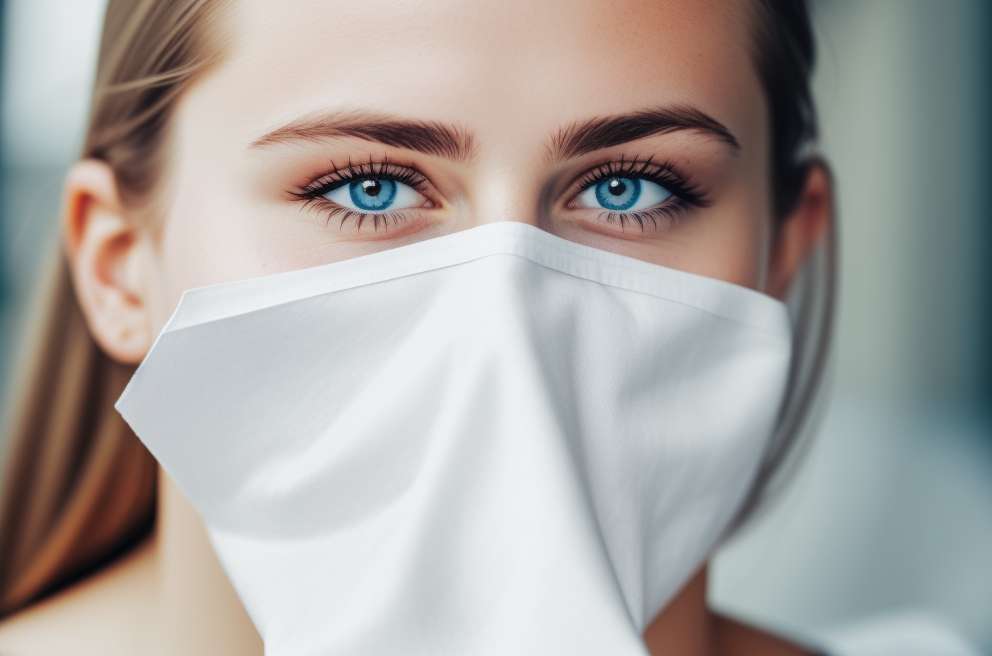How is abdominal fat formed?
April 2024

If you sneeze very often; you frequently scratch your nose or face, then you could suffer from some type of allergy. Our health expert tells you what an allergy is, what are the most common and what you should do to be well.
In an interview with the doctor Martín Becerril, Head of the Allergy Department of the Hospital Centro Médico La Raza of the IMSS, he clarifies that an allergy is the immune response a person has to certain environmental substances.
In this sense, the doctor reported that there is a wide range of allergies, which range from allergy to some medication, to a product or substance; food, animals, dyes or fantasy jewelry.
1.- Allergic rhinitis : According to Becerril, this is the most common in the Mexican population; at least 20% of people suffer from it:
"This type of allergy is characterized because the patient feels a lot of itching in his nose, throat, eyes or ears; sneeze very often; They have nasal congestion and sometimes have difficulty breathing. "
2.- Asthma : Consists of inflammation of the bronchi and airways. The IMSS estimates that 10% of the population, especially children, live with asthma:
"80% of asthma cases occur in the first five years of an individual's life. They can not breathe; they get tired a lot; they feel that they lack air and must lead a quiet life; without making so much effort. "
3.- Food allergy : According to Dr. Becerril, it is the third most frequent allergy, but if detected and treated in time, it may be transient:
"When they are given the right treatment they can be removed. Maybe as a child you could not eat certain food and in adulthood, the situation changes. "
Another recurrent allergy is allergic dermatitis, which occurs in children and young people: "In this type of allergy is very common the appearance of wheezing or rash on the skin, usually in the mejia, behind the calf or in the corner of the arms; people are very itchy and scratch constantly. "
Therefore, the ideal is for people to stay away from risk factors. Next we tell you what proof you need to know what food or substance you are allergic to- Take note!
The health expert recommends the application of the skin test: "This test is done with allergen extracts that let you know what is causing a negative reaction to the patient."
Once you determine what you are allergic to, the dermatologist assigns the application of creams, medicine or vaccines, depending on the severity and profile of each person:
"What we do is destabilize the risk agents, so that the individual can lead a healthy life, without suffering the consequences of an allergy."